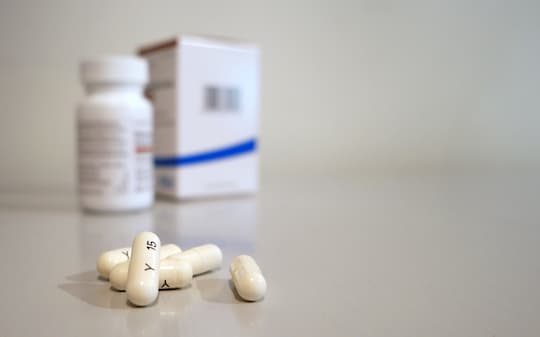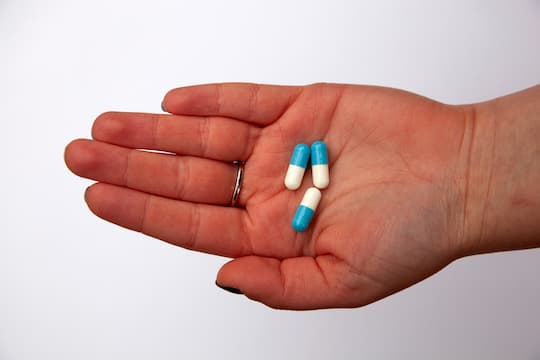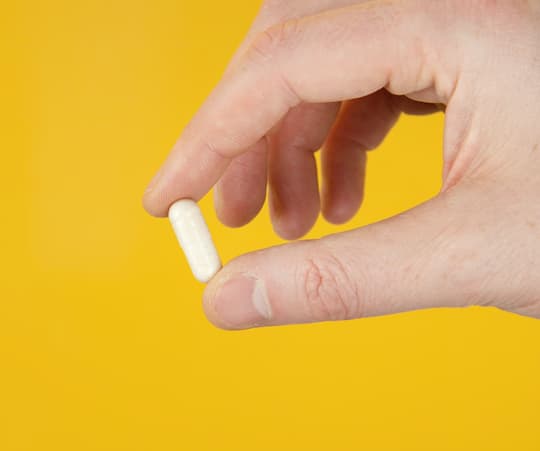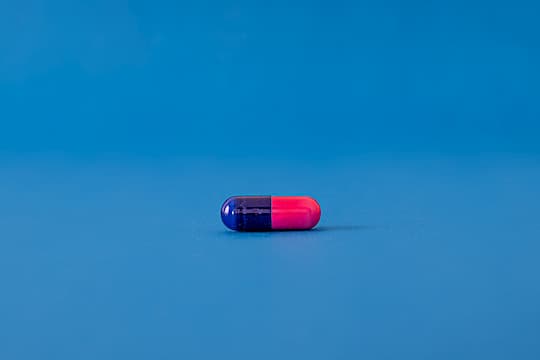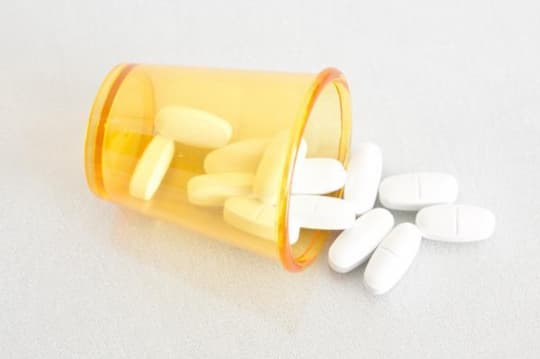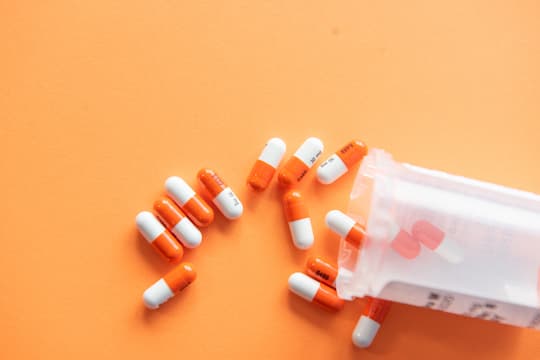A popular herbal antidepressant has dangerous side-effects.
Kratom, a herbal antidepressant also used for pain relief and other conditions, is NOT safe, research finds.
Kratom, which is a supplement derived from a southeast Asian tree, is used by some to treat opioid addiction.
Kratom is sold as a mood-enhancer, energy booster and pain-reliever.
However, a new analysis of the US National Poison Data System, finds it has a worrying range of side-effects.
The research suggests that kratom is not reasonably safe and poses a threat to public health.
The study of of 2,312 incidents of kratom exposure found that the most common side-effects of kratom were:
- agitation (18.6 percent),
- tachycardia, a racing heart (16.9 percent),
- drowsiness (13.6 percent),
- vomiting (11.2 percent),
- and confusion (8.1 percent).
More serious side-effects were also reported:
- seizure (6.1 percent),
- withdrawal (6.1 percent),
- hallucinations (4.8 percent),
- respiratory depression (2.8 percent),
- coma (2.3 percent),
- and cardiac or respiratory arrest (0.6 percent).
The supplement was listed as a cause of death in the case of four people.
Kratom is classified as a dietary supplement, so not regulated by the FDA in the US.
The active ingredient of Kratom is mitragynine, which binds to opioid receptors in the brain.
This may cause a pain relieving and sedative effect.
Dr William Eggleston, the study’s first author, said:
“Although it is not as strong as some other prescription opioids, kratom does still act as an opioid in the body.
In larger doses, it can cause slowed breathing and sedation, meaning that patients can develop the same toxicity they would if using another opioid product.
It is also reported to cause seizures and liver toxicity.
Kratom may have a role in treating pain and opioid use disorder, but more research is needed on its safety and efficacy.
Our results suggest it should not be available as an herbal supplement.”
Kratom is already illegal, or only semi-legal in many countries, including the UK, Denmark, Finland, Thailand and Australia.
Some US states have banned the herb, including Alabama, Arkansas, Indiana, Rhode Island, Vermont, and Wisconsin.
The study was published in the journal Pharmacotherapy (Eggleston et al., 2019).



